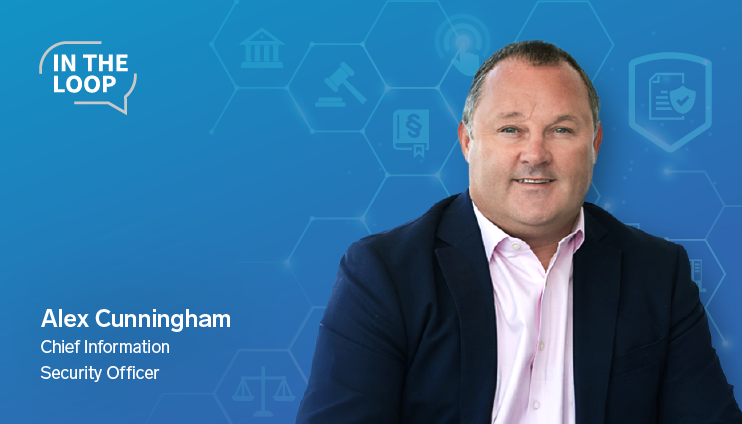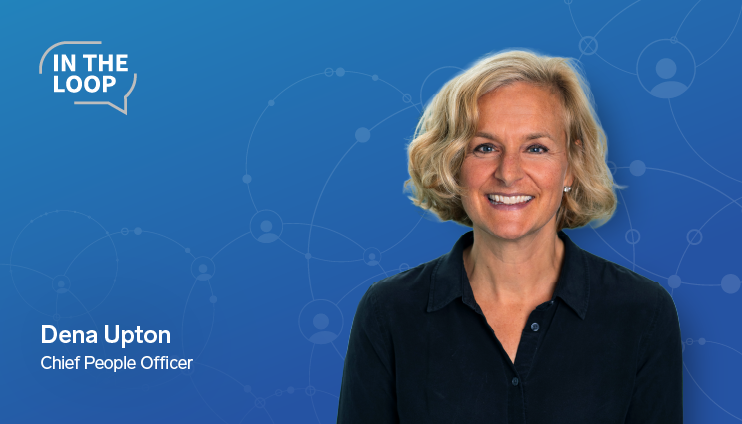Advisors and AI: The Next Wave of Adoption
AI has already proven it can make advisors more efficient. The next phase of adoption will be defined by something equally important: trust.
Solve your current pain points with our award-winning solutions.
Increase automation with our modern wealth platform.
The leading end-to-end wealth management platform.
Our team works to anticipate and surpass our clients’ expectations.
Merge our open, integrated platform and its solutions into your tech stack.
The #1 reason advisors switch firms is the desire for better technology.

Many of you know that Advisor360° is an independent company building software for wealth management, but you may not know how our company started. We were born inside the technology division of an independent broker-dealer called Commonwealth Financial Network, then spun out of Commonwealth to form an independent company. We have several investors including the parent company of Commonwealth, and while we proudly hail Commonwealth as our first client, they are not an investor in Advisor360°. Our charter as an independent company is to build an amazing WealthTech company for our shareholders, clients, and employees.
We have built out a comprehensive and modular suite of wealth management software, driving productivity, profits, and compliance for broker-dealers and their advisors. In other words, Advisor360° enables digital transformation for your wealth management business.
So, as we think about forward momentum and building this SaaS company, we ask the question: what are the keys to getting there?
Anyone who has worked with me before knows these three principles have served me well as the essence of how I think about my work every day in an early stage company.
This all comes down to Capital, Product, and Sales:
Capital is energy.
The first investor in my first company was a seasoned entrepreneur named Haim, a tremendous businessman and friend; tough as nails Israeli fighter pilot. One time he said to me, “Rich, you are running out of capital—you’re running out of energy.” I never forgot that.
Now to the last and often the most overlooked principle, monetizing what you built. Remember we are in a commercial business. We are a .com, not a .edu or a .org, business…
The fine art of selling.
Understanding what you have built and what it brings to the market is fundamental to any business. Depending on the nature of your business, the way you sell and reach clients might be very different.
For decades now I have been building products and technology that targets the largest and mid-sized enterprises in the world. It’s especially important to understand that enterprise sales engagements are actually not about selling, which brings me to this next key principle.
We must remember (especially as founders or technologists) that because we have been entrusted with investors’ capital and employees’ life energy, we need to create value for all. This boils down not to ideas or being right but monetizing what we have built. This is called “Product Market Fit.”
So, in the context of these three principles—Capital, Product, and Sales—here are the questions we ask every day to advance the ball for each principle:

AI has already proven it can make advisors more efficient. The next phase of adoption will be defined by something equally important: trust.

The rationale for AI governance in fintech firms and how Advisor360°TM approaches roles, responsibilities, and enablement.

Last week, we shared an important milestone for Advisor360°: the launch of Advisor360° Wealth OS, our AI-native advisor experience designed to help...